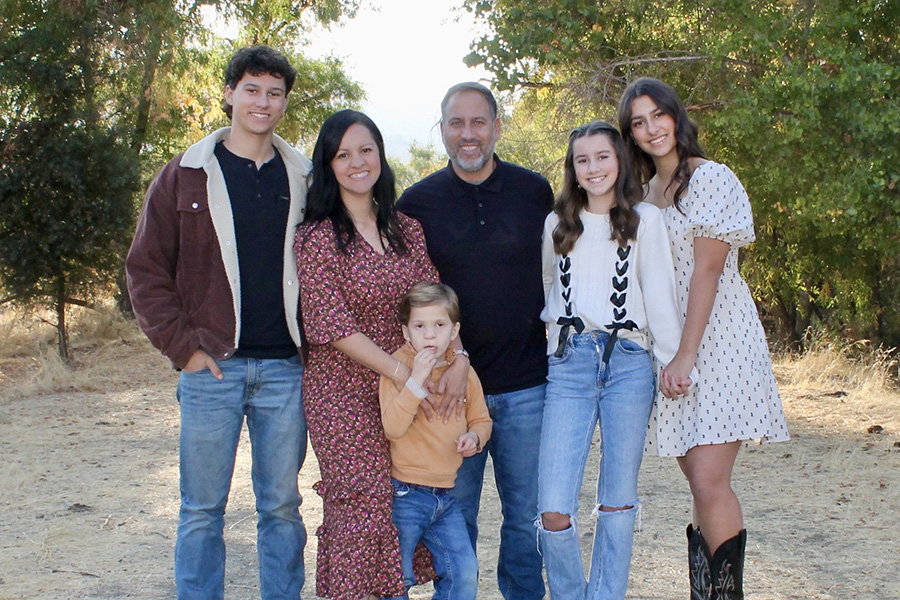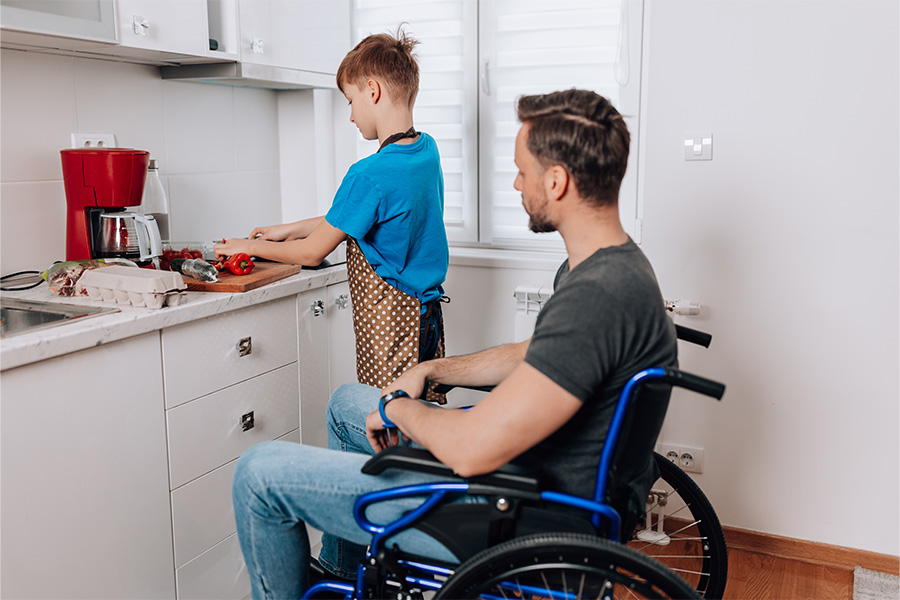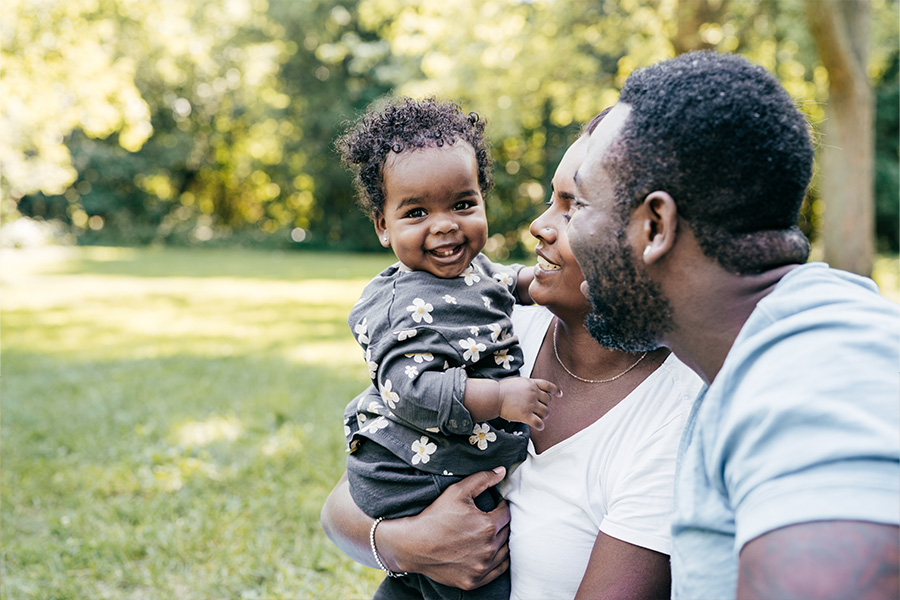Change, change, it’s the season for change! Well, change is inevitable at any time of the year and in any phase of our life. If you have children, double the amount of change!
Our year is filled with them – September, the holidays, winter break, the return to school in January, spring break, returning after spring break, the end of the school year, and the beginning of summer.
For some children, even daily transitions are difficult to process and are faced with much resistance. So, how do you as a parent help your child with an upcoming change in routine, travel or even the start of a new activity? Anticipate and plan ahead, which will lessen the severity of the change and make it easier to accept.
Keep it the Same… As It’s Becoming Different
When you anticipate an upcoming change, the goal is to either create a routine or maintain it, with little or no deviation. The thought behind this is as a change is coming, the other parts of life stay the same. When you know your child doesn’t readily accept change, you may be very tempted to extend bedtime or to give them an extra dessert because you feel badly about the upcoming change or because a change has happened. But, don’t. This actually creates more anxiety instead of normalizing the change.
With that said, when you are expecting an impending change in your schedule, stick to your routine so that your child can rely on the familiar amidst the unfamiliar. Making a change to your routine takes another element of your child’s life and makes it even rockier. Don’t feel badly and don’t offer too many exceptions to the rules or special treats to make up for a guilty conscience!
Head to the Library
That’s right, take out your library card and drive on over to the place filled with books about… yes, change! Children tend to relate better to characters in books that are going through a similar experience or having a similar emotional response. Find books about the upcoming change, whether it is traveling on a plane for the first time, a new sibling, or whatever. Ask questions while you read the book like these:
- Has that ever happened to you before?
- How do you think the character feels?
- How do you think you would feel?
Let your child relate his experience to the character’s and process with your child through simple questions about her fears and worries. If your child is struggling to answer your open-ended question, provide two choices and let her choose one.
Keep it Positive
As you are staying open to your child’s fears and worries, make sure to talk about one or two things that are positive about the upcoming change and keep it tangible! For example, although a plane ride to Florida sounds scary, show your child pictures of a plane and its parts. Show her a video of a plane taking off. Talk about how your ears may be uncomfortable but you will have lollipops and gum with you. Make a special trip to the store to buy extra special lollipops and cool flavors of gum.
Watch a video of a plane in flight and the types of things that people do while the are waiting to arrive at their destination. For example, you can watch a movie or your favorite show. You can download movies on your iPad or buy movies on the plane.
Another thing to focus on is what Florida looks like. Once again, hit up YouTube and find a video of the area you are visiting. You may want to point out that in Florida, you will see palm trees, which may be different.
Having visuals and things to look forward to may make the upcoming change easier to accept, and maybe even look forward to!
Count Down…or Not
For some children, you may want to take out a calendar and get a count down going. For some children, the countdown may create more anticipatory anxiety, so it is up to you and how you think your child will react to this. Having a countdown helps to quantify and make the time that feels so long before the change happens seem more under his control. Add stickers, draw smiley faces, or whatever else your child seems to like.
As humans, we are creatures of habit. Many of us thrive on routine and familiarity, and dread a change. When I worked within the public and private school system, it took me about two weeks to adjust to returning to work in September. I cried about it more than the kids (they adjusted in one week, by the way!). When thinking about a child with special needs, change is especially scary because of the unknown. By using some of the strategies listed above, it will help take the unknown about what’s about to be new in your child’s life.
Dr. Liz Matheis is a licensed Clinical Psychologist and certified School Psychologist who specializes in working with children with ADHD, Anxiety, Autism, Learning Disabilities, and behavioral struggles. She is also mom to three children, one with special needs. Her practice, Psychological and Education Consulting, is located in Livingston, New Jersey.















